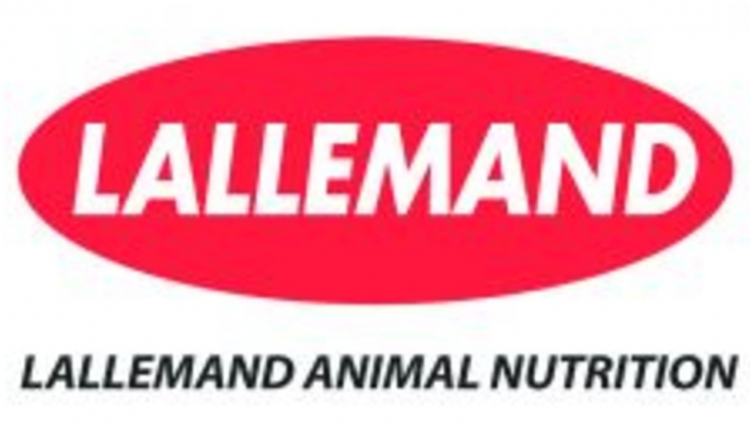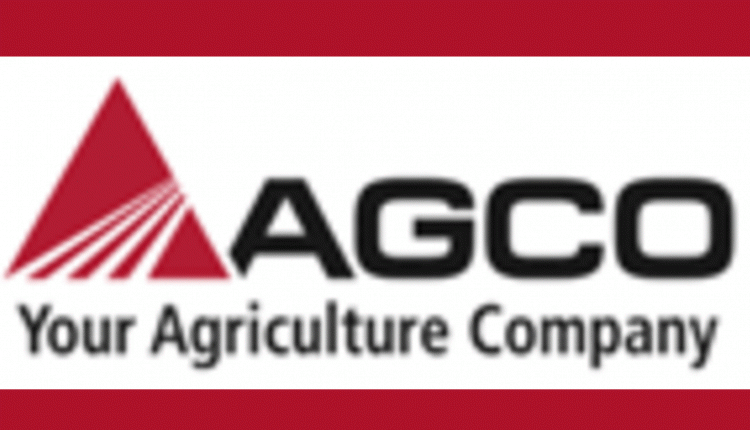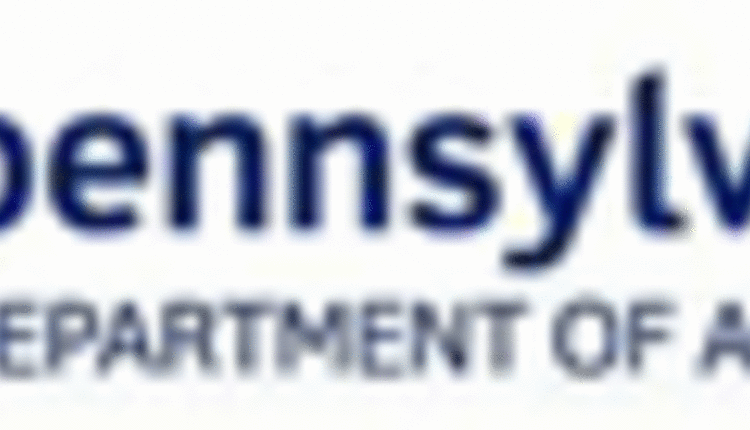 More than 40 co-op representatives, government officials, and media attended Cooperative Network's Federal Dairy Issues Forum, Aug. 4, at the Stoney Creek Hotel & Conference Center in Onalaska, Wisconsin. The forum addressed key topics including international trade, immigration reform, the margin protection program, and California's proposed federal milk marketing order.
More than 40 co-op representatives, government officials, and media attended Cooperative Network's Federal Dairy Issues Forum, Aug. 4, at the Stoney Creek Hotel & Conference Center in Onalaska, Wisconsin. The forum addressed key topics including international trade, immigration reform, the margin protection program, and California's proposed federal milk marketing order."While much of Cooperative Network's time is spent advocating on state issues, events like these help our members become better informed on a growing number of federal issues that affect the dairy industry," said David Ward, Cooperative Network director of government relations and dairy. "The forum also gives us the opportunity to interact with Congressional offices to better explain our members' positions and concerns." Representatives from the offices of Rep. Ron Kind (DWI) and Rep. Sean Duffy (RWI) attended the event.
INTERNATIONAL TRADE
Jaime Castaneda, National Milk Producers Federation senior vice president of strategic initiatives and trade policy, discussed the importance of the United States moving forward with the Trans-Pacific Partnership in order for dairy farmers to get fair access to markets. Castaneda also outlined the pending Transatlantic Trade and Investment Partnership (TTIP) between the United States and the European Union, which would provide Americans increased access to European markets. He said one item of concern to the dairy industry was the European Union's addition of geographic indicators into the trade agreement. The move would require products marketed under a particular name, for example, Parmesan or Swiss, to be made only in specific European regions, making it more restrictive for U.S. processors to enter the market.
Cooperative Network actively supports the expansion of foreign markets for Midwest agricultural products and urges cooperatives to actively pursue international trade.
IMMIGRATION REFORM
Kelly Fortier, Michael Best & Friedrich LLP partner, and Alex Nowrasteh, Cato Institute's Center for Global Liberty and Prosperity immigration policy analyst, detailed recent federal actions and the current presidential candidates' positions on immigration reform. Fortier said there have been a record number of deportations under the Obama and George W. Bush Administrations and that employer fines for violating immigration rules now range up to more than $21,000.
Fortier contrasted the current presidential candidates' positions on immigration. She pointed out that Hillary Clinton supports comprehensive reform and the establishment of an Office of Immigration Affairs, while Donald Trump has proposed more restrictive immigration measures that would ultimately hurt the dairy industry.
Nowrasteh explained legislation he has been working on that would allow for a state-based visa (SBV) program. Under an SBV program, the federal government would allow states to create their own selection criteria, including the types of migrant workers whose visas they would authorize and their lengths of stay.
MARGIN PROTECTION PROGRAM FOR DAIRY
The Margin Protection Program for Dairy (MPPDairy) , a new dairy insurance included in the 2014 Farm Bill, has come under recent criticism for not doing enough to help producers in this year's depressed dairy economy. Robert Cropp, University of WisconsinMadison professor emeritus, compared the number of producers who would have received payments under the original feed cost formula to the number of those getting payments now through the MPP. During March and April this year, he said 55 Minnesota producers and 85 Wisconsin producers received MPP payments. Using the original feed cost formula, 634 and 771, respectively, would have received payments.
Cooperative Network's David Ward presented several possible modifications that could improve the MPP, including changing the feed cost formula; adjusting premiums to encourage producers to purchase additional margin protection; and extending the sign-up period to give producers more time and information on prices and feed costs. Ward also mentioned issuing monthly instead of every-other-month payments to get dollars to producers more quickly.
2018 FARM BILL & CALIFORNIA FEDERAL MILK MARKETING ORDER
A panel including Dave Ladd, RDL & Associates president; Richard Gorder, Wisconsin Farm Bureau Federation vice president; and Kara O'Connor, Wisconsin Farmers Union government relations director, detailed their expectations for the 2018 Farm Bill. The panelists said more efforts would be made to separate food nutrition programs from the bill. They also emphasized that, while the farm bill was important to the dairy industry, Social Security, Medicaid, defense spending, and the national debt were of greater concern to lawmakers and would likely consume most of the federal budget. Consequently, they said dairy leaders needed to do a better job communicating their priorities to Congress.
Mark Stephenson, University of WisconsinMadison director of dairy policy analysis, ended the forum with an update on California's proposed federal milk marketing order (FMMO). He outlined California's struggle this year in three areas that have affected profitability: severe drought, lower production per cow, and land use issues. He expressed doubt that a FMMO recommendation for California would be made until a new administration is in place.
Cooperative Network serves approximately 400 Wisconsin and Minnesota member-cooperatives by providing advocacy, education, public awareness, and development services to a wide variety of cooperatives including agricultural marketing and processing, credit unions, dairy, electric, Farm Credit, farm supply, health care, mutual insurance, housing, service, telecommunications, worker-owned cooperatives, and more. For more information about Cooperative Network, visit www.cooperativenetwork.coop.
8.12.2016








